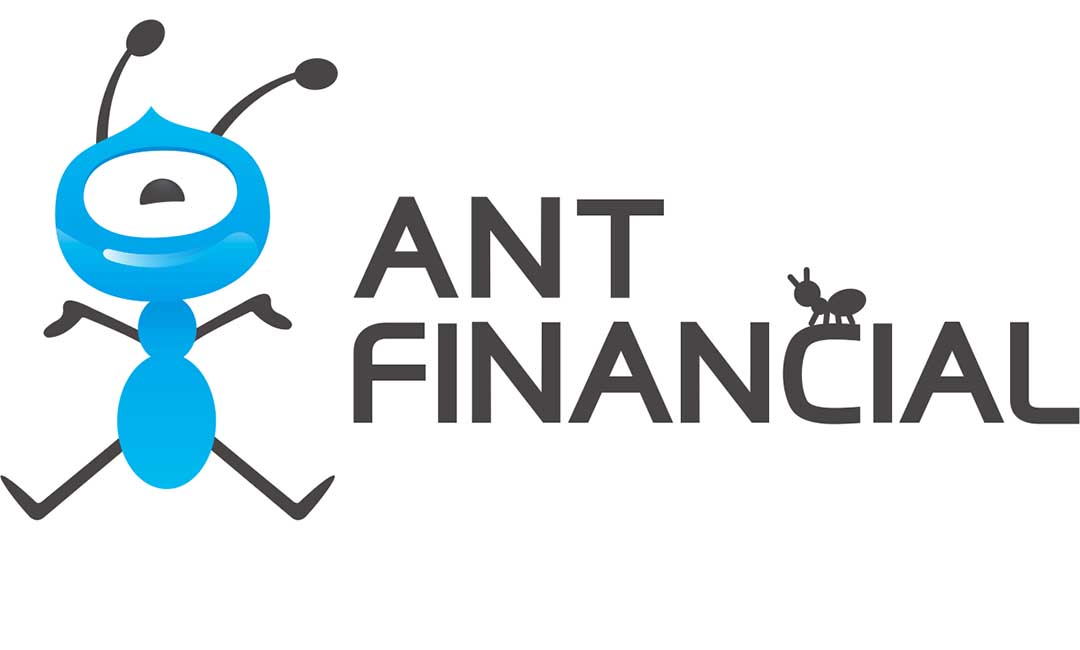Chinese tech billionare Jack Ma’s Ant Financial, one of the largest fintech startups in the world, is making waves and hitting the headlines again as it seeks to raise a new round of financing, a move widely regarded as a signal for an imminent IPO.
Reuters first reported that Ant Financial has closed a latest financing round of US$10 billion from overseas investors including the likes of Singapore’s GIC and Temasek and Warburg Pincus among others, followed by a Bloomberg report citing sources saying the Hangzhou-based startup is also raising $2 billion in a separate yuan financing round to let Chinese investors also participate.
Ant Financial, a spin off from Alibaba Group Holdings, has leveraged on China’s laissez-faire attitude, running effectively with the freewheeling flow to become the world’s largest money-market fund.
It is now already listed among the most valuable finance companies and can also be considered ‘’too big to fail’’, with a huge plethora of financial services offered, ranging from asset management, lending, online payments, insurance to securitisation.
The company’s pretax profit has reached a new high of RMB9.18 billion in Q1 2018, registering a 65% jump in earnings before tax.
The additional $2 billion funding will make way to allow for Chinese investors access to the meteoric rise of the online financial giant. Sovereign wealth fund, China Investment Corp, and other existing backers have also expressed interest to join in, as revealed by people familiar with Ant’s private financing round.
Interestingly, this comes after another recent $10 billion financing round, targeted at prominent foreign investors such as Warburg Pincus, Carlyle Group, the Canada Pension Plan Investment Board and Temasek Holdings, with a valuation of $150 billion.
The massive valuation may have equipped the Chinese fintech firm with the perfect ammunition for rapid expansion, however, the successful financial giant is also facing a regulatory clampdown back in China.
New rules such as capital adequacy requirements and tougher restrictions are intensifying. These restrictive clauses might stall Ant’s short-term growth prospects, but can also possibly set the firm on a stable long term trajectory going forward, according to Chen, a director for banking law and practices at the Shanghai Law Society.
